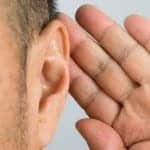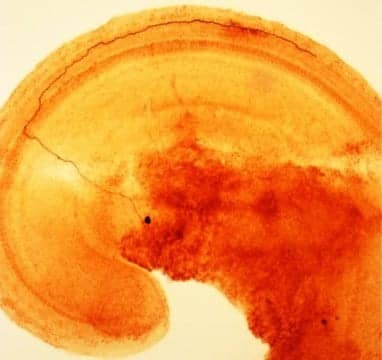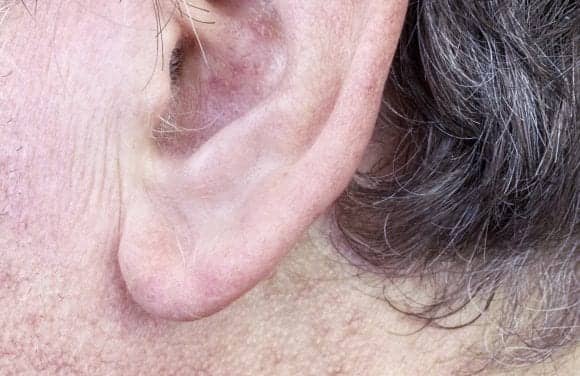Study: Wealth Gap Affects Spoken Language Success in Young CI Recipients
A recent study of outcomes in infants and young deaf children with cochlear implants suggests that socioeconomic status plays a major role in whether spoken language becomes their primary communication mode.






























